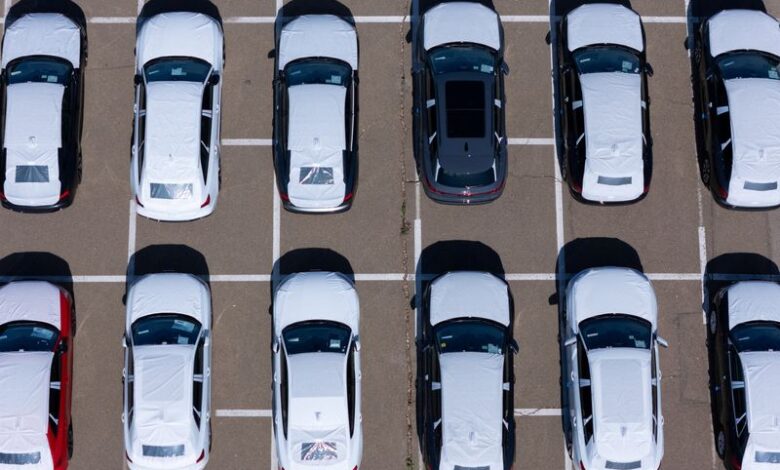Analysis-Why Trump has thrown VAT into the trade stand-off

By Philip Blenkinsop
BRUSSELS (Reuters) – U.S. President Donald Trump says value-added taxes carry a lot of blame for America’s near trillion dollar trade deficit with the rest of the world. The 170-plus countries who charge VAT – including top U.S. trade partners in Europe – insist they have no impact.
So who to believe?
VAT got high billing in Trump’s February 13 memorandum on trade barriers he wants to tackle, listing it among the “unfair, discriminatory, or extraterritorial taxes” imposed on U.S. businesses, workers and consumers.
“The most pernicious thing about the VAT is it’s a double-whammy,” one White House official told reporters, complaining it is added at the border on U.S. imports, while European producers get VAT refunds when they export to the United States.
“There’s a reason why Germany sells us eight times more cars than we sell them, and it’s certainly not American craftsmanship or quality or anything else,” the official continued.
While that portrayal of VAT – which has been a target of many U.S. administrations – is contested, trade experts see scenarios in which it could be argued to discourage trade.
The United States is in a small minority of 19 countries, including also Cuba, Malaysia, North Korea, Somalia, South Sudan and Yemen, with what are known as single-stage sales taxes, which are just imposed once and generally paid by end consumers.
VAT – as the name implies – is levied on the value added at each stage of the supply chain, such as from manufacturer to retailer to consumers.
This means it is due on imports to the EU and elsewhere – unlike in the United States, where sales tax only applies to the final transaction in the chain. This could deter an importer of U.S. goods who would be stuck with a VAT bill at the time their goods arrive.
However, Mairead Warren de Burca, managing director with Alvarez & Marsal Tax in London, says many European countries allow importers to defer import VAT payments, while Britain, Ireland, Belgium and the Netherlands have systems without import VAT payments, so avoiding any hit to cash flow.
Import VAT is generally recoverable or offset against VAT charged further down the supply chain, she said. Ultimately, VAT is collected on the final transaction, producing a similar result to sales tax in the United States.
DOUBLE-WHAMMY?
The White House’s ‘double whammy’ argument also targets the VAT exemption for EU exports. The EU says this is logical because it is a tax based on the place of consumption.
But Washington has never really bought this argument and has sought since 1971 to create systems of income tax breaks for U.S. exporters.
https://media.zenfs.com/en/reuters-finance.com/3fcbf65d04cae3550680516cca5153bf
2025-02-21 05:53:44




